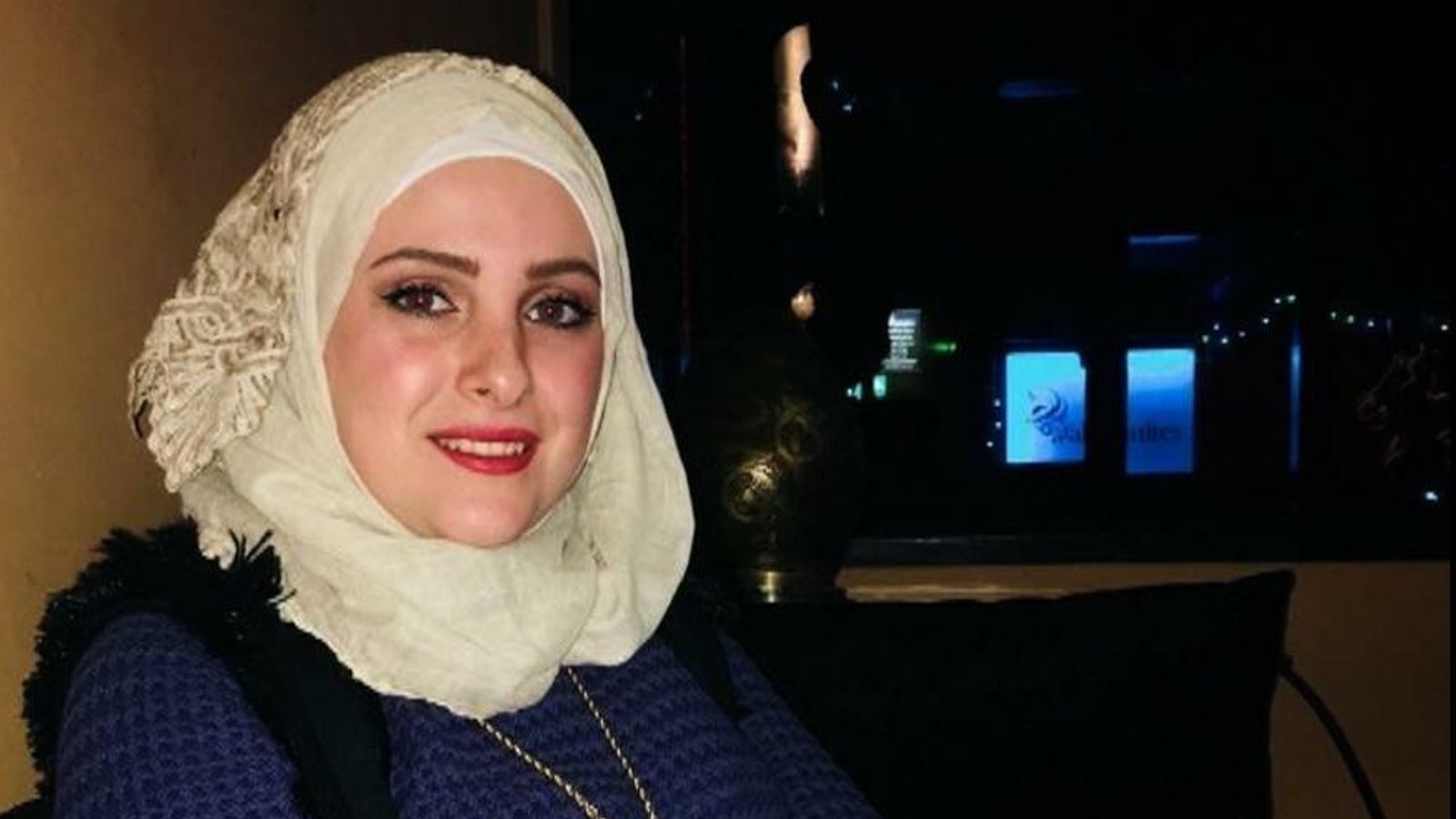An investigation into the police handling of the murder of two women in Solihull has been described as “shocking” and “profoundly disturbing.
Raneem Oudeh, 22, and her mother, Khaola Saleem, were stabbed to death outside Mrs Saleem’s home in Solihull in August 2018.
They were murdered as Ms Oudeh was on the phone to West Midlands Police (WMP), one of several 999 calls she had made to report how scared she was of Janbaz Tarin, her estranged husband.
An inquest into their deaths found that, multiple times, the force failed to investigate Ms Oudeh’s allegations properly – and a subsequent inquiry by the Independent Office for Police Conduct (IOPC) was damning.
The IOPC found at least five officers had made catastrophic mistakes – appropriate checks relating to risk assessments were not done and criminal investigations into Tarin were not carried out properly.
IOPC regional director Derrick Campbell, said: “The circumstances of this case are shocking and profoundly disturbing, and I would like to express my sympathy to the family of Raneem and Khaola for their loss.
“Our investigation found that satisfactory intelligence checks were not carried out when responding to incidents involving Raneem and her ex-partner.
“It was our view that WMP dealt with each incident in isolation and did not consider the cumulative effect and potential increase in the frequency and/or level of violence.”
Tarin admitted the murders and was jailed for life with a minimum of 32 years in December 2018.
The inquest jury said those failures had materially contributed to the women’s murders.
The jury also concluded that officers who dealt with some of the incidents had insufficient training and a lack of understanding of force domestic abuse policies.
On the night they died, Ms Oudeh rang police four times fearing for her safety after reporting she and her mother had been assaulted by Tarin at a shisha bar in Birmingham.
Please use Chrome browser for a more accessible video player
‘We should have done more’
Mr Campbell added: “It was apparent there were police resourcing issues and a lack of clear communication about their response over the next few hours before the fatal attack took place outside Raneem’s mother’s home.
“Our review of the full history of incidents and police involvement with Raneem shows that there were missed opportunities to take action and affect the risk prior to her death.”
The IPOC made recommendations to the force around domestic abuse risk assessments and that the Public Protection Unit should have oversight of all domestic abuse cases with repeat victims
It also recommended further training around the use of Domestic Violence Protection Notices.
West Midlands Police assistant chief constable Andy Hill admitted “we should have done more”, and Raneem and Khaola’s family’s dignity throughout the inquest “has been humbling”.
He added in a statement: “It is clear that we should have done more to join-up the incidents of abuse that were being reported to us so that the officers considering Raneem’s case had a full picture of the ordeal that Raneem was enduring at the hands of Janbaz Tarin.
“The seriousness and pattern of abuse should have been better recognised, the risk posed by Mr Tarin should have been better assessed and the crimes that were being committed should have been better identified and investigated, with action taken against Mr Tarin.”
He said there had been improvements in domestic abuse case training already implemented in the force and the creation of a new team to review investigations.






















